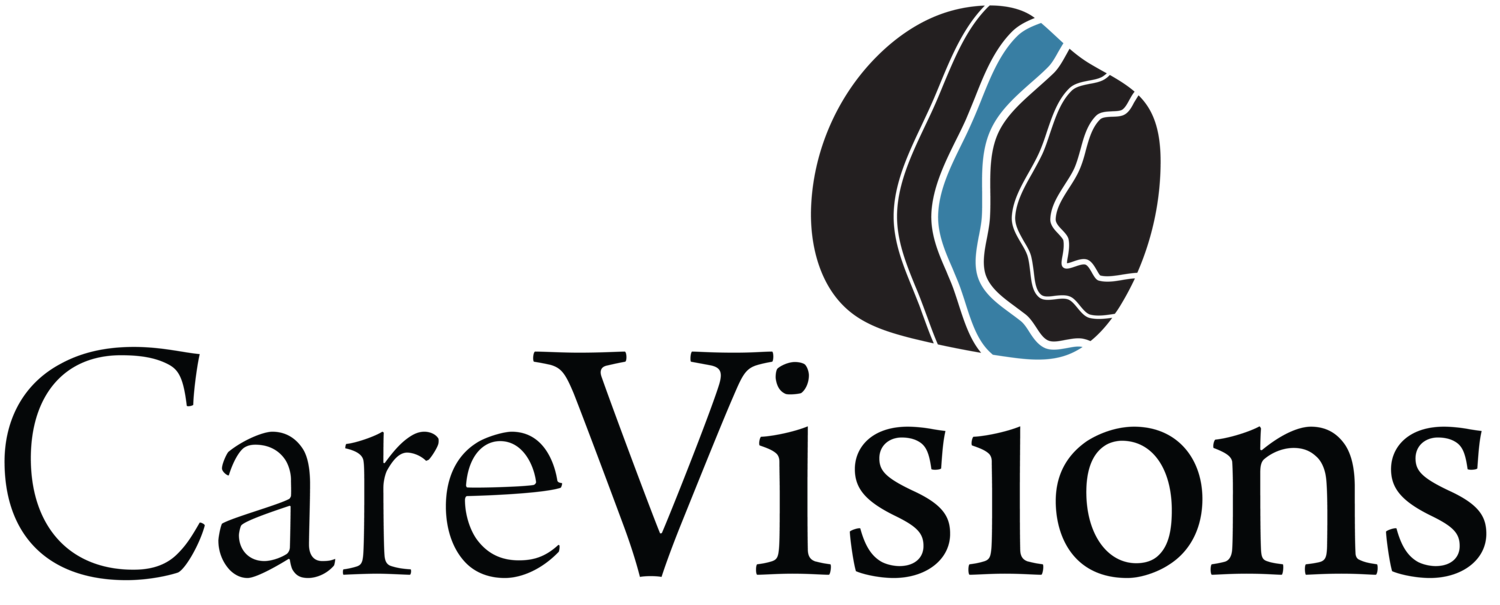Over the past while…
Over the past while, I have been reflecting on how I came to research care and care relations, to prioritise having and giving voice to experience and on how both have become my core purposes and priorities, professionally and personally (I trained as a marketer after all and am a researcher located in a business school, of all places!). It came to me that care, care relations and finding ones voice are the things that formed and continue to form my major successes and joys in life. Without close family, relations and friends who really step(ped) in and step(ped) up, sometimes at great costs to themselves, and without being cared for and cared about, I could not and would not have become who I am today. In particular, kindness(es), generosity and knowing that these people – and sometimes these strangers - were always there and could be counted on became towers of strength and support on which each my key life successes and hopes for the future were built.
On the other hand, when I reflect on the darker times and moments of struggle that I experienced in life, it was often because those who has ‘privileged responsibility’ (as opposed to’ privileged irresponsibility’) to care, simply abdicated that responsibility and looked the other way. They did not care as they should have. Experiences of uncaring relations, when people and/or institutions ought to have cared but did not, or who simply, due to circumstances, did not have the capacity to care, stunt life’s flow and one’s belief in those institutions and/or people who fail(ed) in their duties of care and to care.
It is clear that care and care relations and/or their absence shape lives, for the better or for the worse. It is therefore important to tread carefully and thoughtfully through life, as we leave our imprint on the lives of others and shape their worlds for the better or for the worse. I think that sometimes we conveniently think of care, feminist ethics of care and care relations in the abstract, as existing out there, as someone else’s responsibility or concern. However, each and every one of us performs or abdicates our responsibilities to care daily. It’s in providing and receiving care that we, our families, colleagues, communities, and interdependent others further afield, contribute to building a more caring world and to empowering others – step by step, action by action - to do the same.
Dr. Carol Kelleher, is a member of the CareVisions team and Co-Chair of the UCC Institute of Social Science in the 21st Century Care Cluster.
